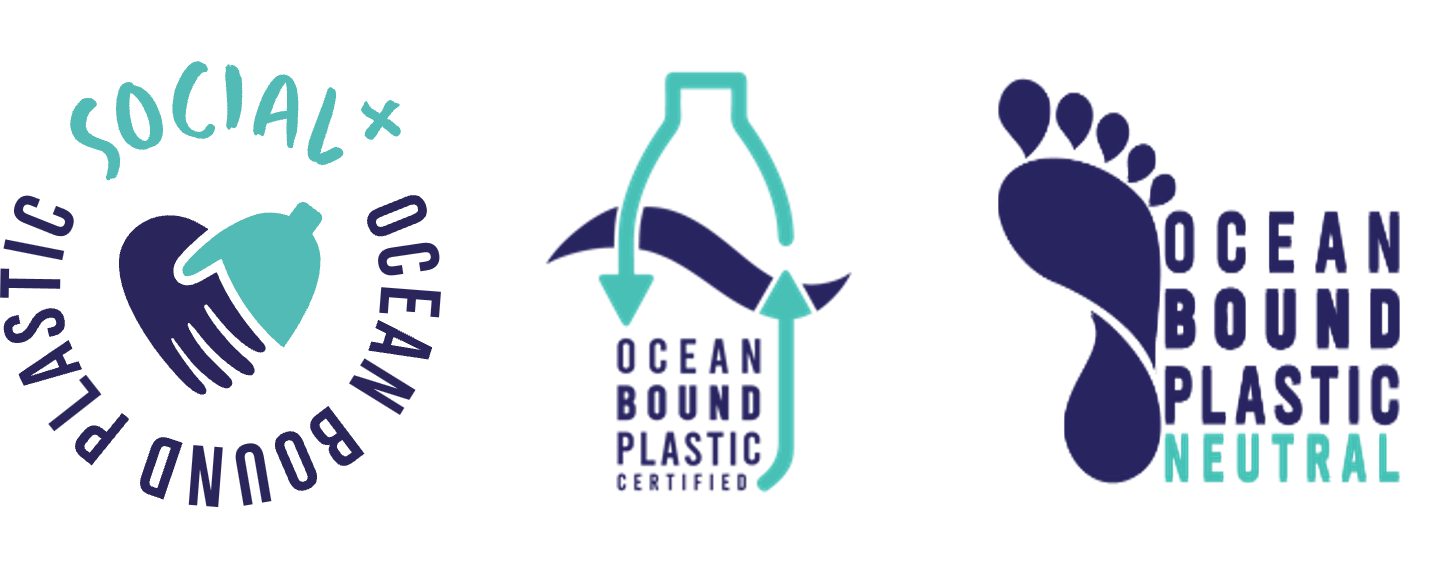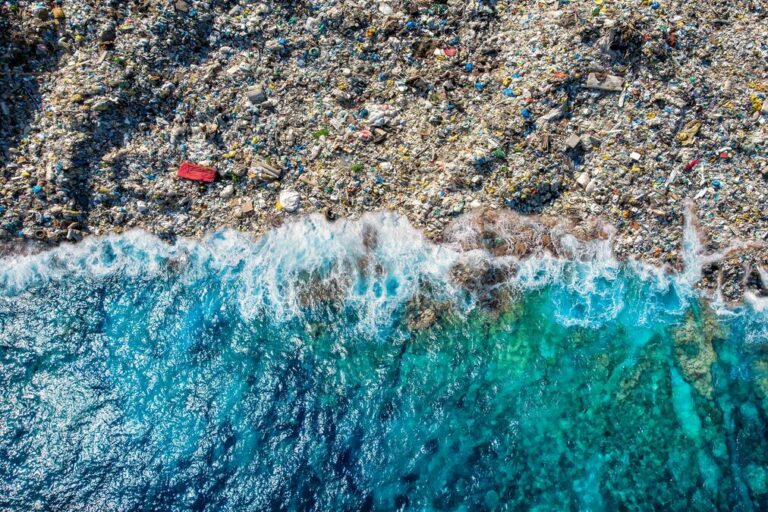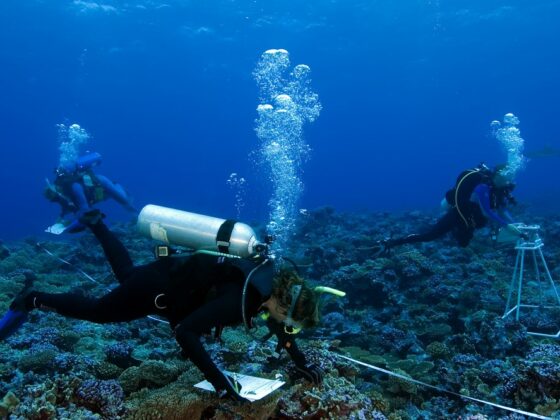To many, COP 26 has been a failure to mobile the resources needed to preserve our ocean.
If the ocean was mentioned in the preamble of the Glasgow Pact, noting “the importance of ensuring the integrity of all ecosystems, including forests, the ocean and the cryosphere…”, United Nations’ Members States did not take coercive decisions to preserve our blue resource.
We have all seen it! A new iconic movie of Tuvalu’s foreign minister Simon Kofe delivering a speech thigh-deep in seawater highlighted the impacts of climate change on the ocean. If the ocean was mentioned in the preamble of the Glasgow Pact, noting “the importance of ensuring the integrity of all ecosystems, including forests, the ocean and the cryosphere…”, United Nations’ Members States did not take coercive decisions to preserve our blue resource.
To many, COP 26 has been a failure to mobile the resources needed to preserve our ocean. Pacific delegates condemned a ‘monumental failure’ that leaves islands in peril, and ocean advocates asserted that the international treaties required to protect marine environments were not adopted.
Although the Paris Agreement sets a target of limiting average global warming to well below 2℃ above pre-industrial levels (and aims to keep it at 1.5℃), it does not set a target for limiting ocean pH change. Reinforcing action at the national level to integrate ocean and climate action in policies is more than needed, and only a few ocean-focused announcements have been made:
- Seychelles pledged to include the blue economy and ocean adaptation in its Nationally Determined Contributions (NDC);
- 19 countries signed up to a shipping decarbonisation pledge aligned with the Paris Agreement;
- Marine ecosystems were recognised as “carbon sinks” in Article 38 of the final decision of Glasgow Pact;
- Public and private interests teamed up when the UK and Canada and businesses like Google, Deutsche Bank and AXA promised major investments in ocean protection and a blue economy.
In ocean conservation, successful efforts are the results of collaborative actions. In 2021, the ocean is still suffering from climate change which will lead to alterations in climate patterns around the world. Without international recognition of the ocean’s role, we won’t be able to deliver a healthier planet to future generations.
Know more about OBP certifications : https://www.obpcert.org





